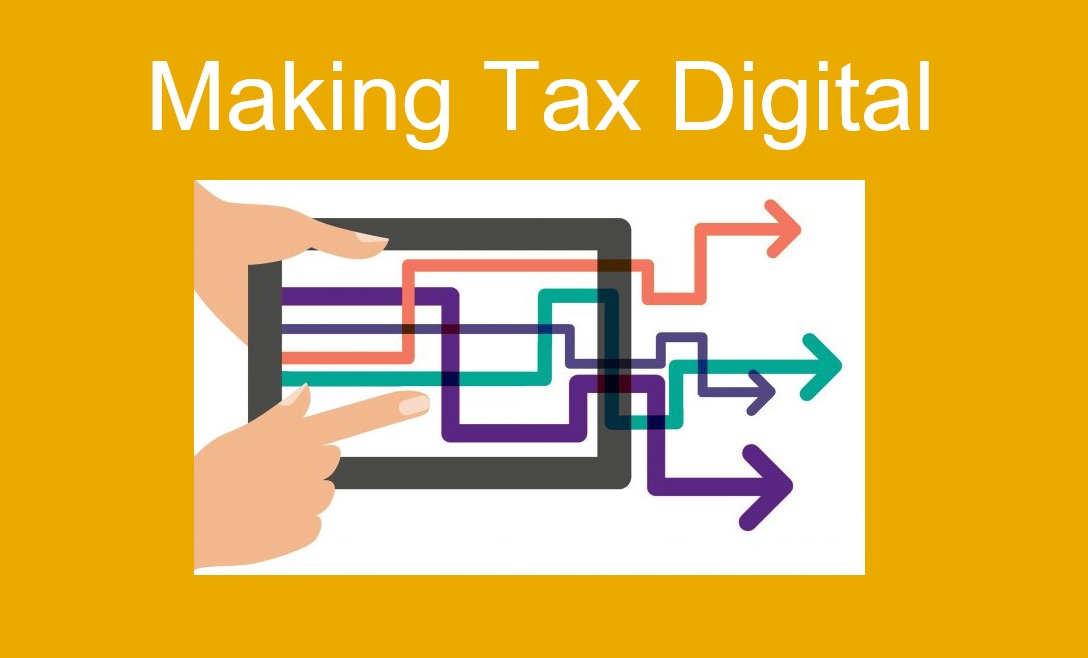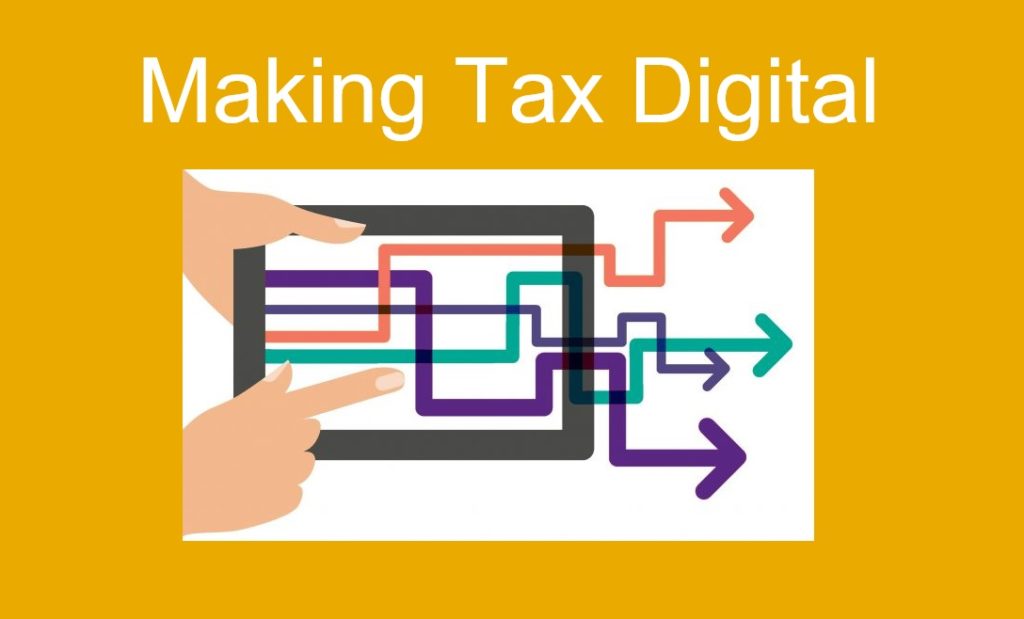Making Tax Digital (MTD) for Income Tax will apply to sole traders, property landlords and certain other businesses with gross turnover and/or property income over £10,000 a year and will commence in April 2024. The system will then be extended to partners from April 2025 and LLPs and partnerships with corporate members from April 2026.
The Income Tax (Digital Requirements) Regulations 2021, set out the requirements that relevant persons must comply with under MTD for Income Tax. These include the use of MTD-compatible software to keep and preserve their business records (income and expenses) digitally, send quarterly updates of their records to HMRC and submit an end-of-period statement to HMRC.
HMRC has now published draft notices of the detailed provisions for consultation. The consultation invites views on these which provide additional information on the key requirements of MTD as they relate to:
- The use of functional compatible software.
- The information required when submitting quarterly updates and end-of-period statements.
- Retail sales election.
The draft notices specify the proposed dataset requirement. Later in the year, HMRC will publish guidance to explain how customers can reflect any accounting and tax adjustments that may be required to reconcile the quarterly submissions to the final taxable profits for the year (The End of Period Statement). The consultation sets out the adjustments that are likely to be required, such as accruals, prepayments, private use adjustments, stock and capital allowances.
As expected, the breakdown of income and expenses broadly follows the headings on the self-employment and property income pages on the Self-Assessment Tax Return.
The consultation document states that where the annual turnover is below the VAT registration threshold, the individual may choose to provide the total of all income and the total of all expenses, instead of a detailed breakdown of expenses. This is also consistent with the self-employment pages in the Self-Assessment Tax Return.
Retail sales businesses may enter a single digital record of the daily gross takings for any retail sales made.
Please talk to us about making sure your business complies with MTD. We are here to help!
For details, see: Tertiary legislation for Making Tax Digital for Income Tax – GOV.UK (www.gov.uk)
Do you need support with MTD for income tax? Get ahead now!
We offer a wide range of services which are unique to your business. Our team of chartered accountants have a wealth of experience in a broad range of sectors, from construction and property to the charity sector. Our team work hard to ensure they create smart and effective tax-efficient solutions for start-ups to optimise growth and help them succeed. If you want to learn more about how the team can help or simply want some start-up advice from a trusted accountant do hesitate to contact us. For more information please do hesitate to contact us on 0161 962 1855. Alternatively you can email us using the form below and we will contact you as soon as possible.
Our fantastic team at A&C Chartered Accountants are here to help.











